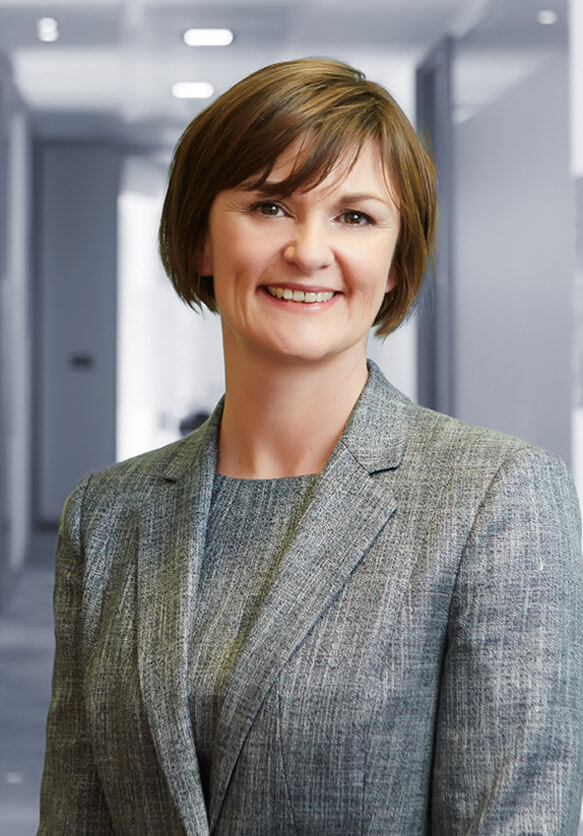

07.07.2014
Julia Rogers, 58, from Newton Abbot in Devon, only found out she had the disease after paying £600 for a private scan, she told the BBC.
NHS England has now promised the woman an inquiry into how her cancer was missed by so many different doctors and nurses during her attempt to get a diagnosis for the pain she was suffering.
Pancreatic cancer is one of the most deadly forms of the disease known to scientists. Only three per cent of those who develop the illness will survive for more than five years, compared to 85 per cent for breast cancer and 97 per cent for testicular cancer.
In September 2013, Mrs Rogers went to her GP with severe back pain that was spreading across her abdomen.
The woman was sent for blood tests and then an ultrasound at the Totnes Community Hospital.
While tests showed nothing out of the ordinary, "excessive bowel gas" obscured the patient's pancreas and meant that the tumour could not be seen.
After this, Mrs Rogers visited hospitals and a GP's surgery on 17 occasions, but was never diagnosed, with doctors prescribing her with painkillers on one occasion.
Mrs Rogers said: "I still knew something was very wrong. I could not get any of the doctors to take me seriously. Urgency was totally lacking. I've been let down and I'm devastated."
A statement from NHS England read: "We are very sorry to hear about Ms Rogers' diagnosis and the difficulties she seems to have encountered over an extended period."
The organisation confirmed an investigation will be going ahead and will be led by Dr Graham Lockerbie, medical director for NHS England in the south-west.
Mrs Rogers was admitted to hospital over the weekend and is expected to start chemotherapy in the next few days.
Cancer Only Diagnosed After The Patient Paid £600 For A Scan
A patient with terminal pancreatic cancer claims a tumour was missed on 19 occasions by hospital staff and GPs.Julia Rogers, 58, from Newton Abbot in Devon, only found out she had the disease after paying £600 for a private scan, she told the BBC.
NHS England has now promised the woman an inquiry into how her cancer was missed by so many different doctors and nurses during her attempt to get a diagnosis for the pain she was suffering.
Pancreatic cancer is one of the most deadly forms of the disease known to scientists. Only three per cent of those who develop the illness will survive for more than five years, compared to 85 per cent for breast cancer and 97 per cent for testicular cancer.
In September 2013, Mrs Rogers went to her GP with severe back pain that was spreading across her abdomen.
The woman was sent for blood tests and then an ultrasound at the Totnes Community Hospital.
While tests showed nothing out of the ordinary, "excessive bowel gas" obscured the patient's pancreas and meant that the tumour could not be seen.
After this, Mrs Rogers visited hospitals and a GP's surgery on 17 occasions, but was never diagnosed, with doctors prescribing her with painkillers on one occasion.
Mrs Rogers said: "I still knew something was very wrong. I could not get any of the doctors to take me seriously. Urgency was totally lacking. I've been let down and I'm devastated."
A statement from NHS England read: "We are very sorry to hear about Ms Rogers' diagnosis and the difficulties she seems to have encountered over an extended period."
The organisation confirmed an investigation will be going ahead and will be led by Dr Graham Lockerbie, medical director for NHS England in the south-west.
Mrs Rogers was admitted to hospital over the weekend and is expected to start chemotherapy in the next few days.
If you have suffered due to misdiagnosed pancreatic cancer or a delayed pancreatic cancer diagnosis, our medical negligence lawyers could help you claim compensation. Call 0808 163 4557 for a free initial consultation or see our Cancer Misdiagnosis Claims page for more details.
Expert Opinion
This is a truly worrying case where so many opportunities to diagnose the patient were missed by multiple doctors and nurses. NHS England needs to investigate this matter thoroughly to make sure that the same mistakes are not made again with another patient in their care. <br/> <br/>“Through our work we speak to many people and their families who have had their lives shattered because of delays in diagnosing various forms of cancer and more needs to be done by the NHS to reduce the number of errors being made. <br/> <br/>“Early diagnosis is vital to ensure the maximum amount of treatment options, thus significantly improving the chances of survival for many types of cancer.” <br/> Julie Lewis - Partner


